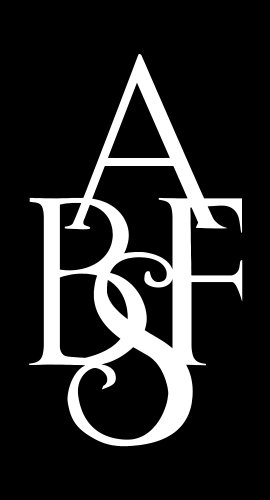The Lund Lecture 2016 Speaker: Professor Denise Syndercombe Court
Date: 04/10/16
Time: 6pm
Venue: Old Committee Room, Strand, London
Prices
- Members: £0.00
- Non-members: £0.00
- Students: £0.00
“Science and Ethics of DNA” Guest Speaker Dr Denise Syndercombe Court, PhD FIBMS SSci DMedT MSB CBiol MFSSoc
The Lund Lecture is an address given in honour of one of our past Presidents Sir Thomas Lund CBE. Keynote speeches have been given by senior members of the professions, including Lord Hailsham, Mr. Patrick Steptoe, Professor Alan Usher, The late Lord Chief Justice, Lord Taylor, Mr. Stephen Jessel, Lord Mackay, Mr Andrew Rennison, Professor Emeritus John Grieve CBE, the most recent being Professor Bob Peckitt.
Denise is a highly respected scientist, academic, statistician and published author with over twenty years’ experience in laboratory research, evidential examination and is a court-going accredited expert witness, giving evidence in court on many occasions over the last fifteen years. Her appointment as a Reader in Forensic Genetics at King’s College London has allowed her to teach forensic genetics to undergraduate and post-graduate students and supervise those undertaking research for their doctorates. Her expertise relates to human DNA analysis for identification, both analysis and interpretation and she is familiar with molecular biology techniques involving sequencing and fragment analysis in the analysis of nuclear and mitochondrial DNA, methylated DNA and RNA in all body fluids. She leads an ISO17025 Ministry of Justice accredited laboratory that specialises in human relationships. She is a blood pattern expert and statistician and has held consultant positions in medical and forensic science and medical statistics with organisations such as the National Training and Research Appraisal Group, VieLife and the Foreign and Commonwealth Office. She is a member of several professional societies (Biochemical Society, British Academy of Forensic Sciences, Faculty of Forensic and Legal Medicine, Forensic Science Society, Institute of Biological and Medical Sciences, International Society of Forensic Genetics, Royal Statistical Society and the Society of Biology), represents the UK on the European DNA profiling group and is the International Society of Forensic Genetics representative to the Forensic Regulator. Since 2002 her group has been the UK partner, with other European Forensic Institutes, undertaking research in the forensic arena: STADNAP, SNPforID and EuroforGen, presenting her research and attending relevant International meetings. Her contribution to the Lund Lecture series is to discuss the scientific and ethical aspects of DNA analysis including her current research in this field. See abstract below. Abstract The Lund Lecture 2016: Science and Ethics of DNA Strand Campus, King’s College London 4th October 2016 The use of DNA in the criminal justice stretches back over 30 years and has been one of the most useful innovations in forensic science.
It has settled into a mature, probative tool that has proven its value to assist in court judgements. The current ability to examine tiny amounts of material has, however, meant that we need to change our focus from the ‘who’ to the ‘how’. Since the sequencing of the majority of the human genome was completed in 2003, scientists have been using this information to discover new ways to assist a criminal investigation. This brings its own problems of a potential infringement of privacy. The lecture will review the history of the use of DNA in criminal justice and address recent problems in forensic identification with potential for miscarriages, illustrated with cases and highlighting a recent court judgement. The last part of the talk will focus on the new forensic genetics tools that scientists aim to bring to a criminal investigation in the near future and will discuss the ethics of their implementation. Dr Denise Syndercombe Court Reader in Forensic Genetics King’s College London.
Join BAFS
BAFS welcomes applications for Membership from professionals with qualifications in medicine, science, or the law who have contributed, or are likely to contribute, to the application and practice of the Forensic Sciences. Applicants from within these disciplines who are interested, but lack experience, may be offered Associate Membership.







